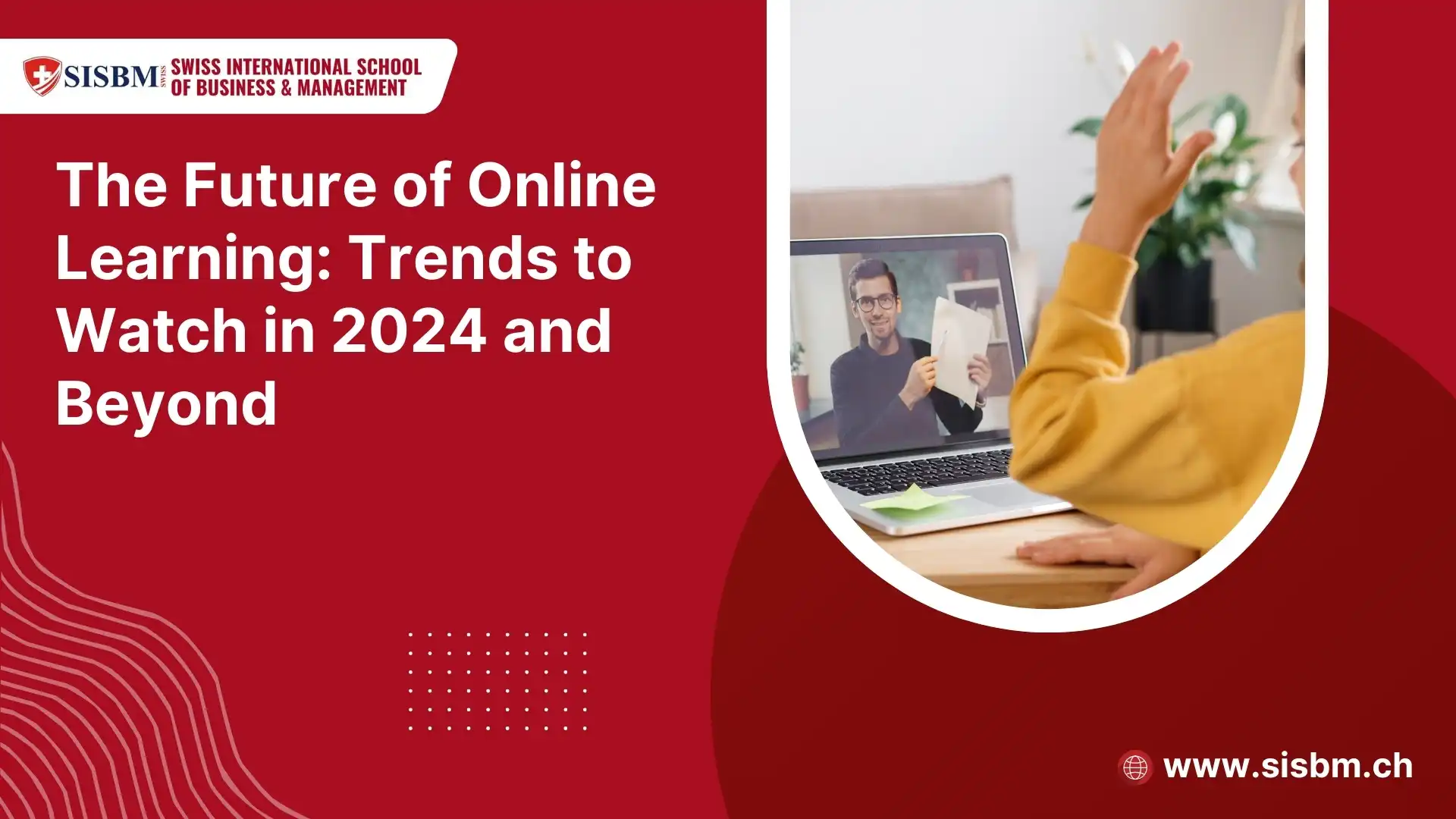Online learning has evolved significantly over the past decade, transforming from a niche offering to a mainstream mode of education. As we move into 2024 and beyond, the future of online learning is poised for further transformation, driven by technological advancements, changing student needs, and global trends. Here are some of the key trends to watch in the coming years.
Personalized Learning Experiences
One of the most significant shifts in online education is the move towards personalized learning experiences. Traditional education models have often followed a one-size-fits-all approach, but with the rise of big data and artificial intelligence, online learning platforms can now tailor content and teaching methods to individual students. In 2024, we can expect to see even more sophisticated adaptive learning technologies that analyze student behavior, learning preferences, and performance to create customized learning paths. This approach not only enhances engagement but also improves learning outcomes by addressing each student’s unique needs.
AI-Powered Tools and Resources
Artificial Intelligence (AI) is becoming a cornerstone of online education, offering tools that enhance both teaching and learning. AI-powered chatbots, for example, can provide instant support to students, answering questions and offering guidance in real-time. Additionally, AI can assist educators by automating administrative tasks, grading, and even generating content tailored to student progress. As AI technology continues to advance, its role in online education will expand, making learning more interactive, efficient, and accessible.
Micro learning and Modular Education
As attention spans decrease and the demand for flexible learning options increases, microlearning is gaining traction. This trend involves breaking down complex topics into smaller, manageable chunks, allowing students to learn at their own pace and in bite-sized segments. Coupled with modular education, where courses are structured into individual units that can be taken independently or in sequence, this approach caters to the needs of today’s busy learners. In 2024 and beyond, we can expect to see more institutions adopting micro learning and modular education to offer more flexible and focused learning experiences.
Immersive Learning with VR and AR
Virtual Reality (VR) and Augmented Reality (AR) are set to revolutionize online learning by creating immersive environments that enhance the learning experience. These technologies can simulate real-world scenarios, making it possible for students to practice skills and apply knowledge in a controlled, yet realistic setting. For instance, medical students can practice surgeries in a virtual environment, or engineering students can design and test structures using AR. As the cost of VR and AR technologies decreases, their integration into online learning platforms is likely to become more widespread, offering students an unprecedented level of engagement and hands-on experience.
Increased Focus on Soft Skills
While technical skills are crucial, there is growing recognition of the importance of soft skills such as communication, problem-solving, and emotional intelligence. Online learning platforms are increasingly incorporating modules and courses designed to develop these skills, often using interactive simulations, group projects, and peer assessments. In the future, we can expect to see a greater emphasis on holistic education that balances technical proficiency with the development of essential soft skills, preparing students for a well-rounded career.
Global Collaboration and Networking
The digital nature of online learning breaks down geographical barriers, enabling students from around the world to collaborate and learn together. This trend is expected to grow, with more platforms offering opportunities for global networking and collaboration. Students can participate in international projects, exchange ideas with peers from different cultures, and gain a global perspective that is increasingly valuable in today’s interconnected world.
Conclusion
The future of online learning is bright, with trends such as personalized learning, AI integration, microlearning, immersive technologies, and a focus on soft skills shaping the educational landscape. As these trends continue to develop, they will not only enhance the quality and accessibility of education but also prepare students for the challenges and opportunities of the future. For educators, institutions, and students alike, staying ahead of these trends will be key to maximizing the potential of online learning in 2024 and beyond.



